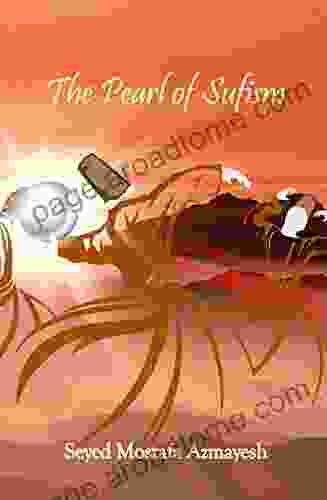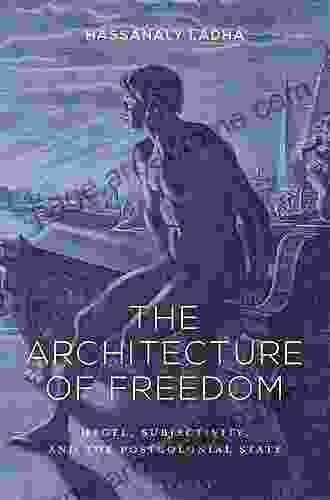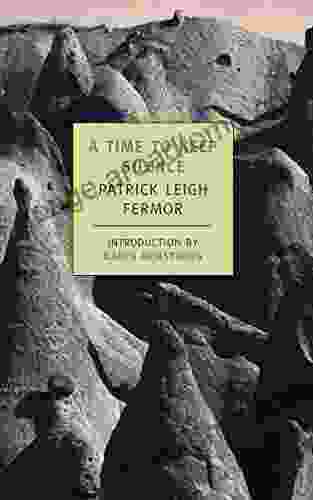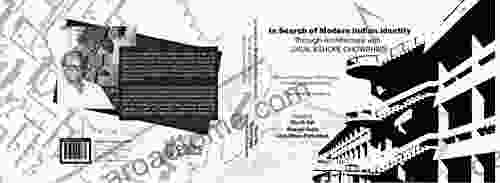Hegel, Subjectivity, and the Postcolonial State: Unraveling the Interplay of Power, Identity, and Liberation

The philosophical legacy of Georg Wilhelm Friedrich Hegel has played a pivotal role in shaping our understanding of the state, subjectivity, and the complex dynamics of power. However, Hegel's ideas also bore the imprint of his time, reflecting the colonialist ideologies prevalent in Europe during the 19th century. 4.8 out of 5 This article aims to explore the intricate relationship between Hegel's philosophy, subjectivity, and the postcolonial state. By examining Hegel's conception of the state, the nature of subjectivity, and the dialectical process of recognition, we can gain a deeper understanding of the challenges and possibilities for liberation in the postcolonial era. Hegel's philosophy of the state is characterized by its emphasis on the state as the embodiment of objective reason. For Hegel, the state is not merely a collection of individuals or a political institution; rather, it is the culmination of a rational process that transcends individual wills and desires. The state, in Hegel's view, is the "universal," representing the totality of social and political life. It is through the state that individuals achieve self-realization and freedom, as it provides the framework for the development of human potential and the protection of individual rights. Hegel's conception of subjectivity is equally complex and profound. For Hegel, subjectivity is not an isolated entity; it is formed through a process of intersubjective recognition. In other words, our sense of self is shaped by our interactions with others and by the recognition we receive from them. The process of recognition is central to Hegel's philosophy. It involves a dialectical struggle between the master and the slave. In this struggle, the master seeks to dominate the slave, while the slave seeks to resist and overcome the master's dominance. The postcolonial state emerged from the ashes of colonialism, facing the daunting task of decolonizing not only political structures but also the minds of the colonized. Hegel's philosophy, with its emphasis on the state as the embodiment of reason, provided a powerful framework for understanding and legitimizing colonial rule. However, postcolonial thinkers have challenged Hegel's Eurocentric perspective and its implications for the non-Western world. They argue that Hegel's philosophy fails to account for the experiences of colonized peoples and their struggle for liberation. In the postcolonial context, subjectivity takes on a new significance. Postcolonial thinkers argue that the colonized subject has been denied recognition and agency by the colonial powers. The process of decolonization involves not only political and economic liberation but also a profound transformation of subjectivity. This transformation requires a rethinking of subjectivity, one that emphasizes the agency and potential of the formerly colonized subject. It involves recognizing the multiple and diverse ways of knowing and being in the world, and challenging the dominant narratives that have marginalized and silenced non-Western voices. The relationship between Hegel, subjectivity, and the postcolonial state is a complex and contested one. Hegel's philosophy has been both a source of inspiration and a target of critique for postcolonial thinkers. By decolonizing Hegel and rethinking subjectivity, we can open up new possibilities for liberation and social justice. A postcolonial Hegelianism can provide a framework for understanding the challenges facing the postcolonial state and for envisioning a future where all individuals are recognized as equal and free.: The Legacy of Hegel and Colonialism
Language : English File size : 4075 KB Text-to-Speech : Enabled Screen Reader : Supported Enhanced typesetting : Enabled Print length : 526 pages Hegel's Conception of the State: A Leviathan of Reason
Subjectivity in Hegel's Philosophy: The Struggle for Recognition
The Postcolonial State: Decolonizing the Hegelian Legacy
Rethinking Subjectivity in the Postcolonial Context: Agency and Liberation
: Towards a Postcolonial Hegelianism
4.8 out of 5
| Language | : | English |
| File size | : | 4075 KB |
| Text-to-Speech | : | Enabled |
| Screen Reader | : | Supported |
| Enhanced typesetting | : | Enabled |
| Print length | : | 526 pages |
Do you want to contribute by writing guest posts on this blog?
Please contact us and send us a resume of previous articles that you have written.
 Book
Book Novel
Novel Page
Page Chapter
Chapter Text
Text Story
Story Genre
Genre Reader
Reader Library
Library Paperback
Paperback E-book
E-book Magazine
Magazine Newspaper
Newspaper Paragraph
Paragraph Sentence
Sentence Bookmark
Bookmark Shelf
Shelf Glossary
Glossary Bibliography
Bibliography Foreword
Foreword Preface
Preface Synopsis
Synopsis Annotation
Annotation Footnote
Footnote Manuscript
Manuscript Scroll
Scroll Codex
Codex Tome
Tome Bestseller
Bestseller Classics
Classics Library card
Library card Narrative
Narrative Biography
Biography Autobiography
Autobiography Memoir
Memoir Reference
Reference Encyclopedia
Encyclopedia Peter Harris
Peter Harris Penelope Roskell
Penelope Roskell Shima D Keene
Shima D Keene Robert Mayer
Robert Mayer Paul Brown
Paul Brown Paul Freiberger
Paul Freiberger Tim Sandle
Tim Sandle Noreen O Connor
Noreen O Connor Preston Sprinkle
Preston Sprinkle Pierre Asselin
Pierre Asselin Peter Jaw
Peter Jaw Paul Fryer
Paul Fryer Nick Flynn
Nick Flynn Ryan Benedetti
Ryan Benedetti Simply Pictures
Simply Pictures Serra Night
Serra Night Rogers Cadenhead
Rogers Cadenhead Peter S Bernard
Peter S Bernard Paul Maher
Paul Maher Ron Mcdonald
Ron Mcdonald
Light bulbAdvertise smarter! Our strategic ad space ensures maximum exposure. Reserve your spot today!

 Clarence BrooksAnswering The Crazymaking: The Revolutionary Guide to Decoding People's...
Clarence BrooksAnswering The Crazymaking: The Revolutionary Guide to Decoding People's...
 Ernest J. GainesUnveiling the Mystical World of Sufism: A Journey Through "The Pearl of...
Ernest J. GainesUnveiling the Mystical World of Sufism: A Journey Through "The Pearl of... George Bernard ShawFollow ·19.8k
George Bernard ShawFollow ·19.8k Jake PowellFollow ·13.7k
Jake PowellFollow ·13.7k Frank MitchellFollow ·5.2k
Frank MitchellFollow ·5.2k Floyd PowellFollow ·8.3k
Floyd PowellFollow ·8.3k Jorge AmadoFollow ·8.5k
Jorge AmadoFollow ·8.5k Shannon SimmonsFollow ·16.6k
Shannon SimmonsFollow ·16.6k Wade CoxFollow ·3.3k
Wade CoxFollow ·3.3k Samuel Taylor ColeridgeFollow ·3.7k
Samuel Taylor ColeridgeFollow ·3.7k

 W. Somerset Maugham
W. Somerset MaughamNourishing Delights: Easy Recipes Without Salt, Oil, or...
Are you looking for...

 Zachary Cox
Zachary CoxThe Art of Kitchen Fitting: A Masterful Guide to Culinary...
The kitchen, the heart of...

 Elliott Carter
Elliott CarterArticulating the Spirit of Black Women Teacher Leaders:...
In the tapestry of education,...

 James Gray
James GrayThe Complete Guide to Arduino: Your Journey to...
: Unveiling the...
4.8 out of 5
| Language | : | English |
| File size | : | 4075 KB |
| Text-to-Speech | : | Enabled |
| Screen Reader | : | Supported |
| Enhanced typesetting | : | Enabled |
| Print length | : | 526 pages |












